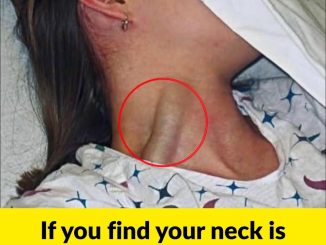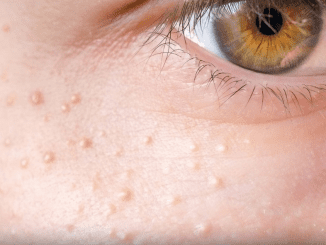Many of us follow a simple routine: brushing our teeth at the sink each morning and night. However, some people opt for a more unconventional approach—brushing their teeth in the shower. While it may seem like a time-saver, combining two daily tasks, dental experts are now warning that this habit might be harmful to your oral health.
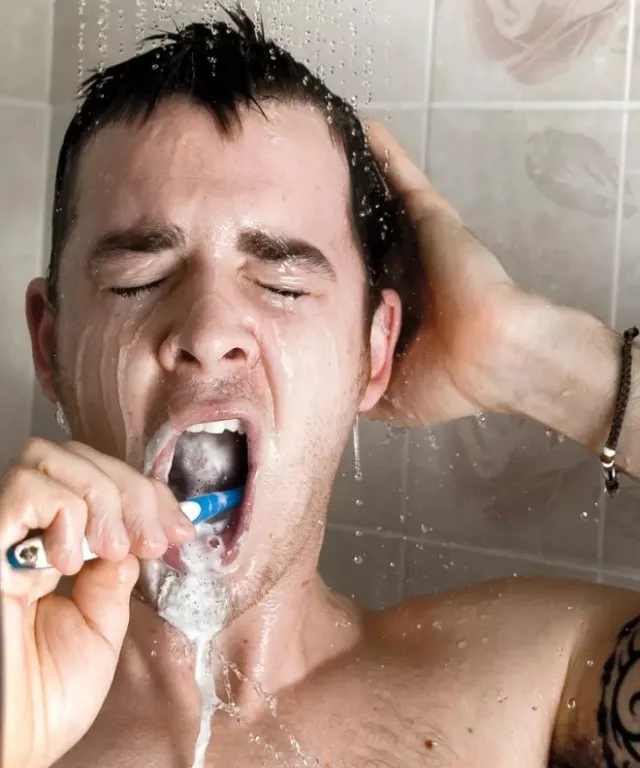
Dr. Zaeem, a well-known dental expert, has weighed in on the subject, cautioning against this practice for several reasons, from bacterial contamination to reduced toothbrush effectiveness. Let’s explore why brushing your teeth in the shower might not be as good an idea as it seems.
Why Dental Experts Recommend Against Brushing in the Shower
Increased Risk of Bacterial Contamination
One of the main reasons Dr. Zaeem advises against brushing your teeth in the shower is the increased risk of bacterial contamination. Bathrooms, especially showers, are a moist environment, which is a breeding ground for bacteria. When you brush your teeth in the shower, your toothbrush can pick up these bacteria from the surrounding environment. This means that, instead of cleaning your teeth, you could be introducing harmful germs into your mouth.
The combination of heat, moisture, and steam makes showers the perfect place for bacteria to thrive. Your toothbrush, left exposed in this damp space, can easily become contaminated. As Dr. Zaeem points out, using a contaminated toothbrush diminishes the overall effectiveness of your oral hygiene routine.
Shower Heat Can Damage Toothbrush Bristles
In addition to bacterial risks, the heat from your shower can also affect your toothbrush. High temperatures and steam can weaken and damage the bristles of your toothbrush, making them less effective at removing plaque and debris from your teeth.
Brushing with a worn-out toothbrush can lead to incomplete cleaning, which increases the risk of cavities and gum disease over time. Dr. Zaeem recommends changing your toothbrush head every two to three months, but if you’re regularly brushing in the shower, you might need to replace it even more frequently. Using a well-maintained toothbrush is crucial for effective oral hygiene.
Risk of Slips and Accidents
Brushing your teeth in the shower also comes with a safety risk. Showers can be slippery, and adding an extra task like brushing your teeth increases the likelihood of accidents. Slips and falls in the bathroom can result in serious injuries, especially in the wet environment of a shower.
It’s essential to prioritize safety when performing daily tasks in the bathroom. Brushing your teeth at the sink, where you can be more stable, is a much safer alternative to doing so in a potentially hazardous shower environment.
Essential Habits for Good Oral Health
Beyond avoiding brushing your teeth in the shower, maintaining good oral hygiene involves several other important habits. Dental experts, including Dr. Zaeem, recommend brushing your teeth twice a day with fluoride toothpaste to remove plaque and prevent bacteria buildup. Here are a few key tips to maintain strong oral hygiene:
Brush Twice a Day
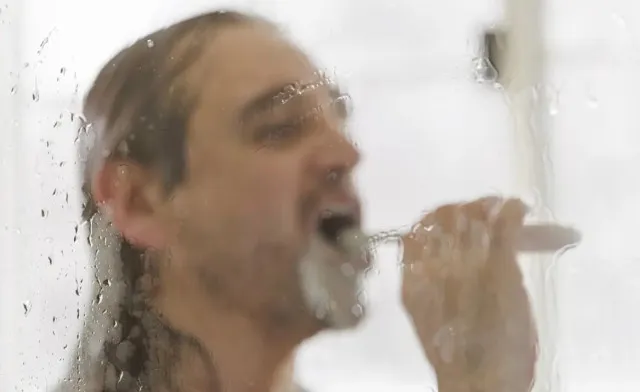
Brushing in the morning and at night helps remove bacteria and food particles that build up on your teeth throughout the day and night. Make sure to brush for at least two minutes each time, using a toothbrush with soft bristles to protect your gums.
Use Mouthwash and Floss Regularly
Brushing alone doesn’t remove all the bacteria in your mouth. Incorporating mouthwash into your daily routine can help kill additional bacteria and freshen your breath. Flossing is also essential for cleaning between teeth, where your toothbrush can’t reach.
Visit Your Dentist for Regular Checkups
Seeing your dentist for regular checkups ensures that any dental problems are caught early. A professional cleaning can also help remove tartar buildup, which can’t be removed by regular brushing and flossing at home.
Change Your Toothbrush Regularly
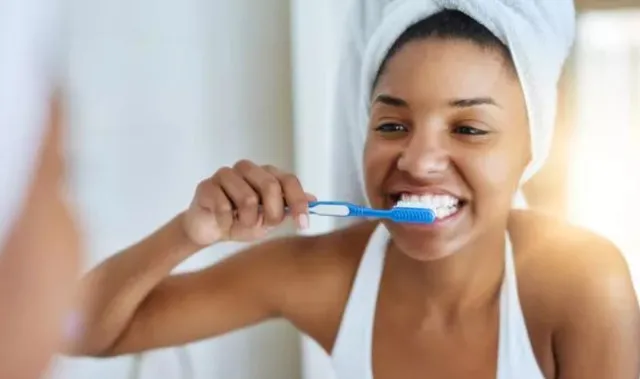
As mentioned earlier, replacing your toothbrush or toothbrush head every two to three months is crucial. Worn-out bristles won’t clean your teeth properly and can contribute to gum irritation or even infection.
Tips for Restoring Discolored Teeth
Many people worry about discolored or yellow teeth. If you’ve noticed that your teeth are losing their natural whiteness, there are simple ways to restore their brightness while maintaining a good oral care routine.
- Brush with Whitening Toothpaste: There are many toothpaste options available that include mild abrasives or whitening agents to help reduce surface stains. Use these regularly to see gradual improvements.
- Avoid Stain-Causing Foods and Drinks: Coffee, tea, red wine, and certain foods can contribute to staining your teeth. Try to limit consumption or rinse your mouth with water after consuming these substances.
- Try Professional Whitening: If at-home methods aren’t giving you the results you want, consult with your dentist about professional whitening treatments.
- Quit Smoking: Smoking not only harms your health, but it’s also a major cause of yellowing teeth. Quitting smoking will significantly improve your overall oral health and help keep your teeth whiter.
Conclusion: Keep Oral Hygiene Safe and Effective
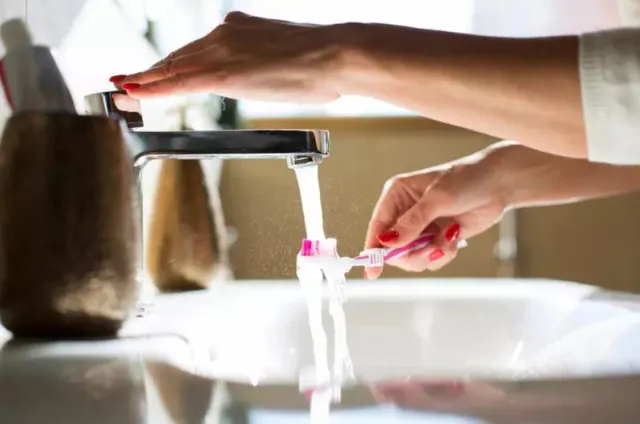
While it may seem convenient to brush your teeth in the shower, the risks far outweigh the benefits. The potential for bacterial contamination, damaged toothbrush bristles, and accidents make it a habit best avoided. Stick to brushing at the sink, where you can control the environment, keep your toothbrush clean, and avoid unnecessary risks.
Maintaining a proper oral hygiene routine is key to keeping your teeth healthy and your smile bright. By brushing twice a day, using mouthwash and floss, and regularly replacing your toothbrush, you’ll be well on your way to excellent dental health—without the need for risky shower toothbrushing.
